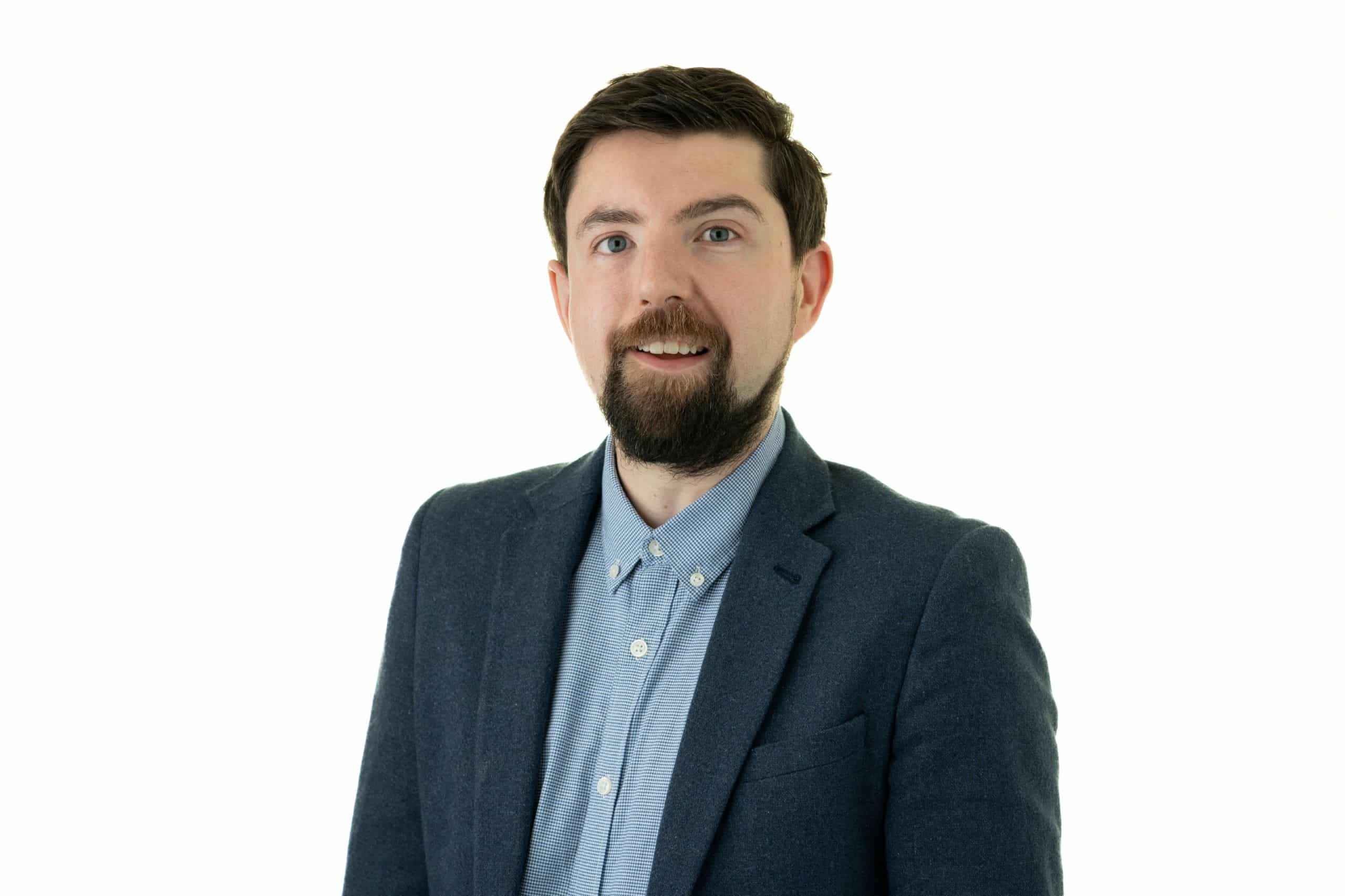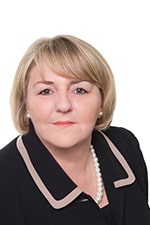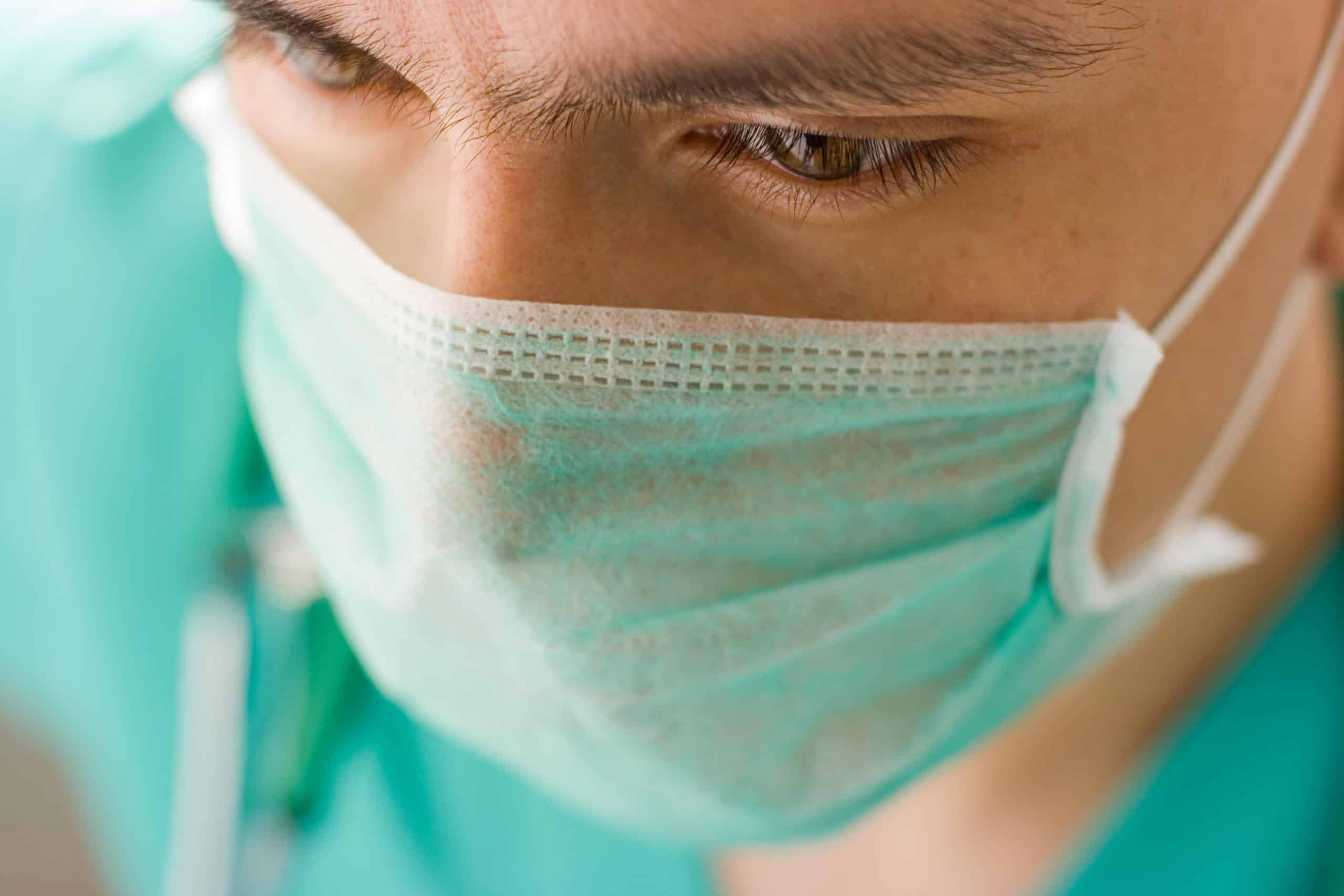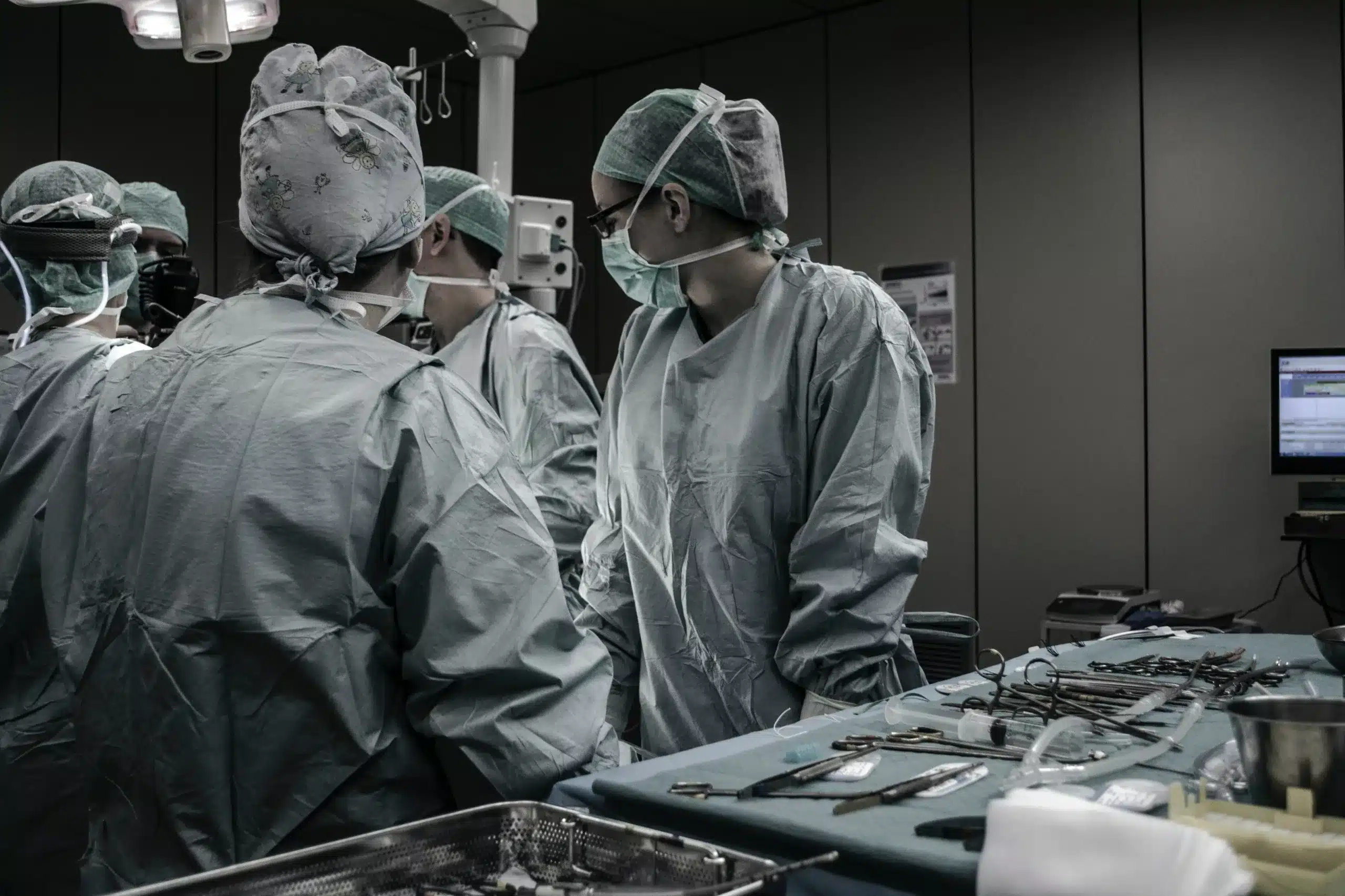
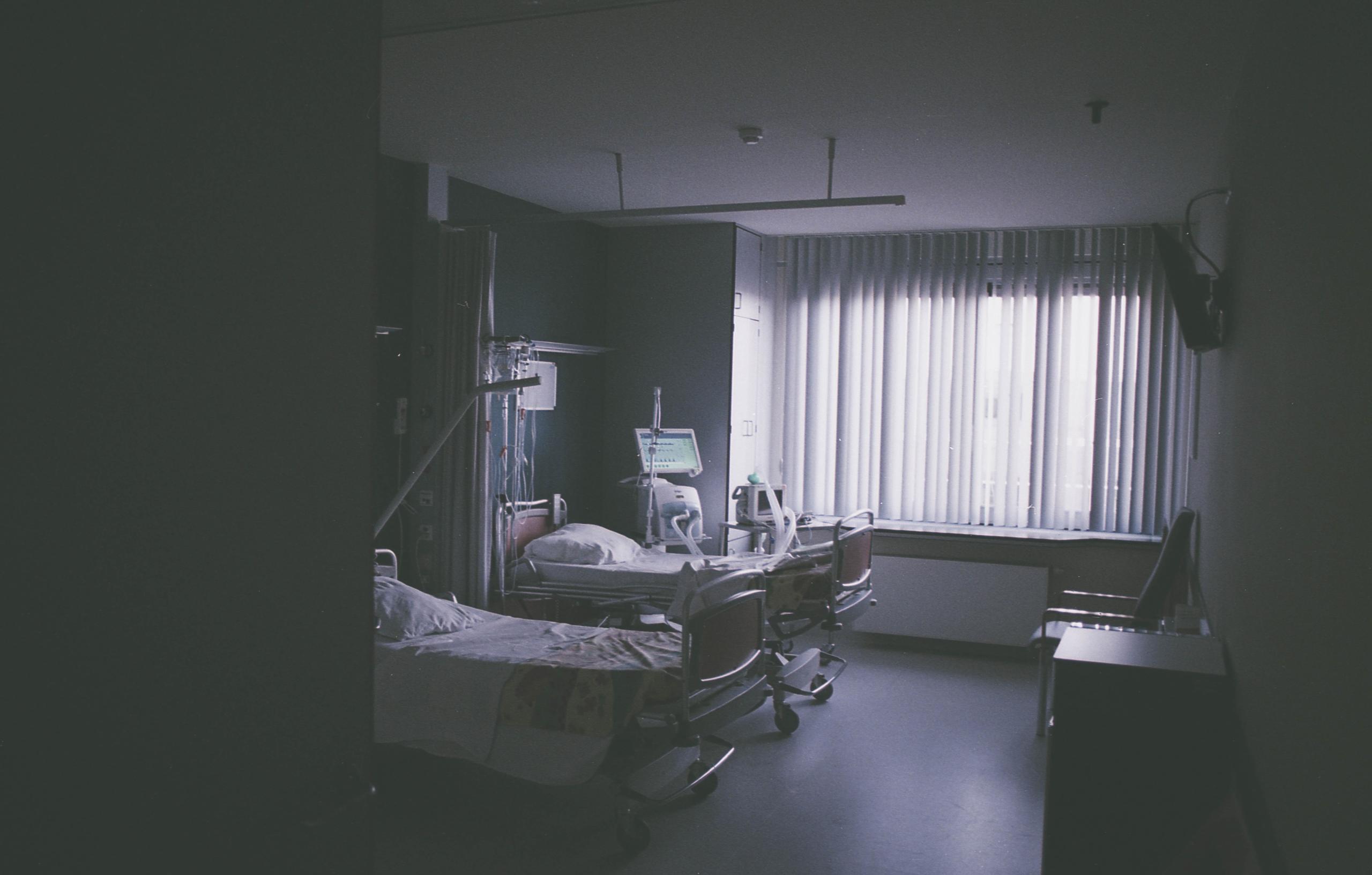 " alt="">
" alt="">
Anaesthetic Awareness Claims
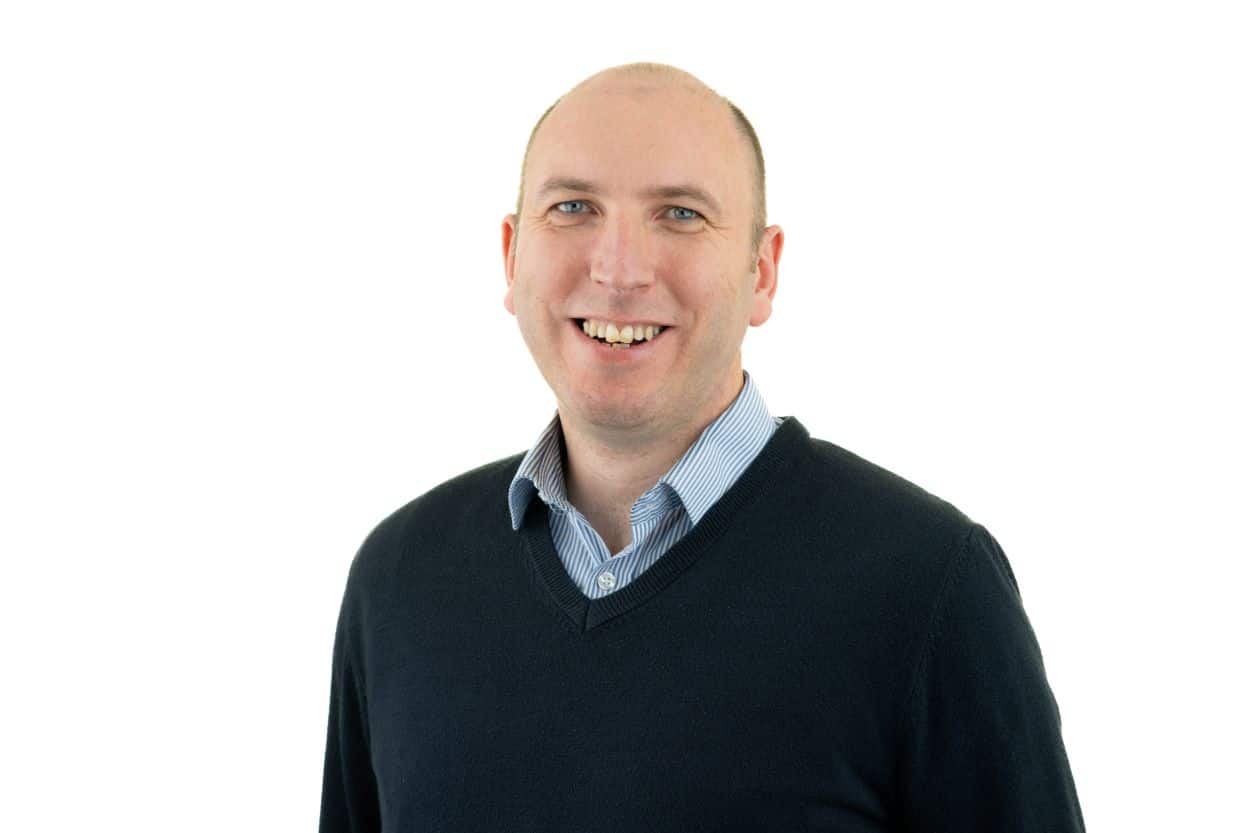
Reviewed by
Peter Rigby - Director of Medical Negligence
We've got your Anaesthetic Awareness Claim covered
- No win No fee
- Not just lawyers - real specialists
- No obligation
- UK's highest-rated medical negligence solicitors
Anaesthetic awareness means that a patient is conscious or semiconscious during a surgical procedure. This often occurs in procedures where an effort has been made by clinicians to use the minimum amount of anaesthetic and this has been insufficient to ensure complete anaesthesia during the procedure.
As well as the initial pain and fright from the experience, patients often experience long-term psychological effects as a result.
If you or someone you care about has suffered anaesthetic awareness because of poor medical treatment, we want to hear from you.
Here, we outline what goes into making your anaesthetic compensation claim, from:
- Your initial suffering and what this means
- How it feels during anaesthetic awareness
- How and why this has happened
- How we can process your claim
All our legal professionals are experts in medical negligence and will handle your call with care and consideration.
For your claim to succeed, we will need to prove two things “on a balance of probabilities “ (this means “more likely than not”) – first, that the care you received was below the standard to be expected of a reasonably competent medical professional, and second, that this substandard care has caused you to suffer an injury which you would otherwise not have suffered.
Find out if you
have a claim
Take the 10-second claim test
Free Advice
03300 080 352
claim form
We're the highest-rated No Win No Fee medical negligence solicitors on Trustpilot
What it means to suffer anaesthetic awareness
A comprehensive national survey of anaesthetists found that reports made to them of accidental awareness during general anaesthesia (AAGA) were rare, at about one case per 15,000 general anaesthetics. However, while the numbers are small in absolute terms, such cases often settle in the claimant’s favour.
If you are considering making an anaesthetic injury claim, you may be experiencing one (or more) of many debilitating after-effects, which include (but are not necessarily limited to):
- Post-traumatic stress disorder
- Other ongoing psychiatric conditions
- Flashbacks
Flashbacks as a result of anaesthetic awareness or anaesthetic negligence are vivid experiences whereby an event or time of trauma feels as if it is happening once again.
For some, flashbacks can feel as if somebody is replaying what happened to you in technicolour detail, as if watching a film. To others, there are signs of:
- What happened being replayed before their eyes
- Taste, sounds and smell can become extremely sensitive
- Feelings of pain can arise, almost from nowhere, related to the incident
- Memories or thoughts at the time of the incident can come back
How the patient feels during anaesthetic awareness
When anaesthesia awareness does happen, patients report varying levels of sensations and awareness.
Most patients will only experience a hazy and very brief awareness, frequently one incident during surgery – for example, the sensation of something being inserted into their mouth, or awareness of people moving and talking around them. Slightly more serious are those cases where the patient is conscious of their surroundings but experiences paralysis. Most episodes of awareness are short, lasting no more than five minutes, but no less distressing for that.
There are also rare examples where a patient experienced incredible physical pain. Worse, they were unable to communicate what was happening.
Most instances of anaesthetic awareness happen at the beginning or end of surgery – as the surgeon is putting you to sleep or you are waking up.
If you have felt anything at all under general anaesthetic, then those responsible for ensuring that you were unconscious may have breached their duty of care to you. Generally speaking, under the correct dosage of anaesthetic you should not feel a thing because of your unconscious state.
Common reasons for anaesthetic awareness
Incorrect dosage
The wrong dosage of medicine is a common reason for anaesthetic awareness.
If the dosage was too low and starts to wear off during surgery, you may start to regain your sensations of touch, sound, smell and even sight.
If this happens, the sensation is usually brief, but patients have been known to be able to recall conversations between those operating and hear the room’s machinery around them. If this happened to you, our team will take a detailed statement to use as evidence in making an anaesthetic injury claim.
Medical condition-related surgery
There are a number of risk factors which can increase the risk of anaesthetic awareness during surgery. These include:
Patient factors
- Being aged 25-45
- Being classed as obese
- Being female
Types of Surgery
- Obstetric (childbirth) surgeries
- Thoracic (chest) surgeries
- Cardiac (heart) surgeries
These types of surgery are higher risk because the use of anaesthesia itself is higher risk. For example, in childbirth cases, surgeons need to consider the effect of anaesthesia on both mother and child and may misjudge the correct dose.
Clinical Settings
- Use of muscle relaxants
- Emergency use of anaesthesia
- Out of hours surgery
- Interaction with other medication
- Alcohol and drug use
For these reasons, it is vital that the operating clinicians take as full and detailed a medical history of their patients as they can before surgery so that they are in a position to make the best possible judgement about the treatment to give.
Inexperienced medical staff
Another factor is when the anaesthesia is performed by inexperienced or unsupervised trainees or medical professionals.
For a clinical negligence claim to be successful, it is necessary to show first of all that the care you received was below the standard which can be expected of a reasonably competent medical practitioner. This applies to trainees as much as it does to fully-qualified staff, because it is assumed that there will be proper supervision and training in place.
Experience and know-how is key, and those monitoring the anaesthetic should have the necessary level of training and experience. If that is not so, then there may have been negligence.
Equipment failure
Faulty equipment can be another reason for anaesthetic awareness. All necessary equipment should be checked at the start of every day to ensure that it is in working order, and there should be back-up equipment and drugs available at all times. Staff should be trained and equipped to deal with those situations where both main machinery and any back-ups are faulty.
Processing your anaesthetic awareness claim
To make your anaesthetic awareness claim, you can speak with our specialist and expert medical negligence team today.
When you call, you will receive a free consultation that will allow you the opportunity to share your experiences with a registered, legal partner.
In addition to this, any information that we take from you will be done so in line with the very latest data protection and GDPR regulations, safely and securely.
From your initial enquiry, right through to finding out if your claim has been accepted, we will respond in a timely and human way that will provide you with the answer to whether you have a case to put forward.
We are flexible in our approach, meaning we have experts in your claim area ready and waiting to take your call today.
Any claim made will operate on a No Win No Fee basis, and we are also the UK’s top-rated Medical Negligence specialists, according to TrustPilot.
Why Choose Patient Claim Line for your Anaesthetic Awareness Claim?
Not just lawyers — medical negligence experts
Patient Claim Line was established in 2014 and consists of a team of medical lawyers specialising in cancer negligence and general medical negligence claims.
At Patient Claim Line we have more than 100 solicitors with a combined experience of over 400 years and they will work on your behalf to achieve the best result possible for you.
It’s not enough to use a solicitor who sometimes covers medical negligence. You need someone who knows this area through and through. That is what the solicitors here at Patient Claim Line do. They deal exclusively in this area of law and are experts in the field.
Frequently asked questions about Anaesthetic Awareness Claims
Our expert legal team answer your questions about making a Anaesthetic Awareness Claim
This is a very uncommon occurrence and it is understood that it will affect between 1-2 out of every 1000 patients who undergo a procedure involving general anaesthetic.
Being aware during a procedure that involves general anaesthetic can lead to you suffering long-term effects according to the NHS. These long-term effects can include:
- Anxiety
- Fear of anaesthesia
- Disturbances in your sleep
- Nightmares
- Flashbacks
- Some people may suffer post-traumatic stress disorder (PTSD)
The amount of compensation you may be entitled to for an anaesthetic awareness claim will depend on the circumstances involved in your claim. Every claim is different; meaning that the final compensation pay-out is based on the severity of your suffering as a result of the negligence. Many factors are considered, including the impact on your health, medical expenses, and any loss of earnings.
Meet our Anaesthetic Awareness Team
Case Study
Sarah's Story
"Now we have peace of mind"
My husband, Nick, went back and forth to the doctors for a long time and tried everything the doctor recommended. But his illness got worse, to the point that he was in agony.
In the end we got so desperate that we asked for a referral. The doctor was reluctant, so we had to consult a private hospital. That’s when we found out there was a tumour. It took years from the onset of his illness to finally start cancer treatment.
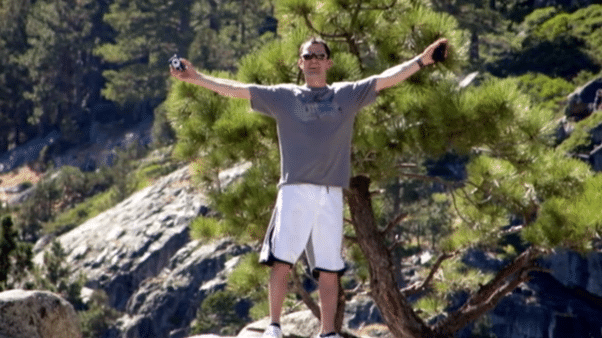
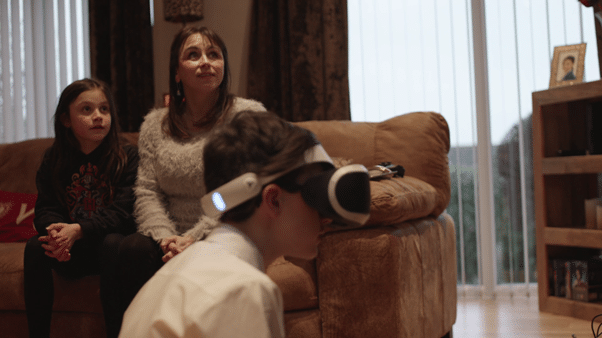
He used to be a man with a lot to live for, but in the end he was in so much pain that he withdrew from the family. He became angry that nobody had helped him sooner, and the legal team were able to give him the validation that he was desperately seeking. The NHS confirmed if they had done more, Nick would still be alive today.

